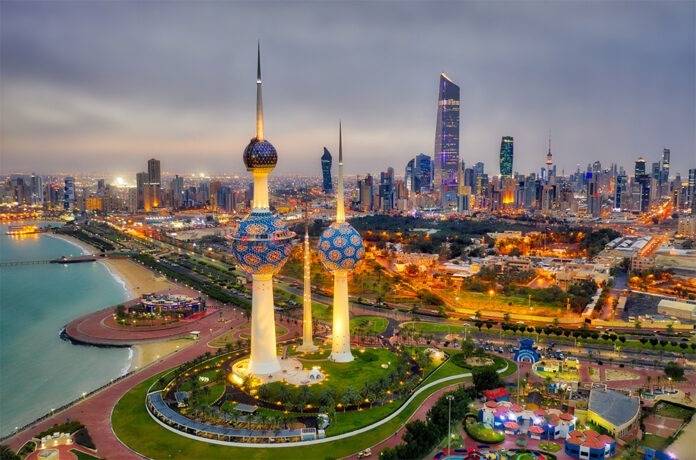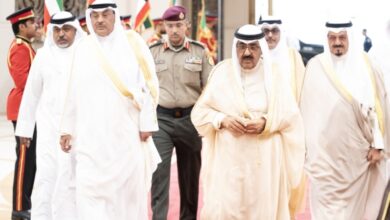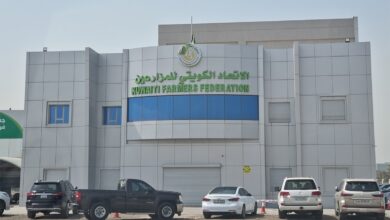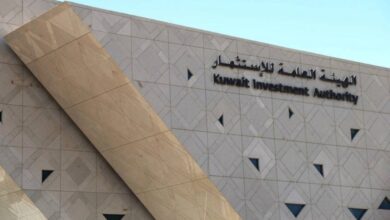Government study recommends establishing economic zones to diversify Kuwait’s Economy

A recent government study has emphasized the necessity of creating new economic zones and strengthening the economic engines in each region of Kuwait. The study suggests that this would enhance Kuwait’s ability to compete at both regional and international levels, diversify revenue sources, and reduce reliance on crude oil exports, reported Al-Qabas Daily.
The study highlights the significance of establishing new regional cities as part of Kuwait’s fourth structural plan, which has recently received official approval. After conducting a thorough assessment of current assets, the study proposes the following activities for each region:
1. Northern Regional Region: This area will encompass a port project, a main logistics area, a business zone, and tourist attractions.
2. Southern Regional Region: Projects in this area will focus on petrochemicals, manufacturing, and energy initiatives.
3. Western Regional Region: This region will include agricultural, marine, and food-related projects, along with renewable energy initiatives and various tourism projects.
The study acknowledges that Kuwait already has the foundations of economic clusters in the urban area and Kuwait City. The proposed policies aim to strengthen these emerging economic clusters by improving surrounding infrastructure, enhancing road connectivity, and fostering synergy and relationships between commercial opportunities.
To successfully diversify revenue sources, Kuwait must capitalize on opportunities across multiple sectors. The study specifically highlights the potential for agriculture to contribute to Kuwait’s gross domestic product, enhance food security, promote innovation, and position Kuwait as a regional leader in innovative agricultural production by integrating new technologies.
Another aspect addressed by the study is the underutilization of Kuwait’s tourism sector. It calls for the establishment of a comprehensive tourism industry that contributes to the country’s GDP. A national tourism plan is recommended to guide the future development of tourism, identify Kuwait’s unique tourism offerings, and secure the necessary land for sector development.
These proposed projects aim to incentivize and attract investments in non-oil sectors, reducing Kuwait’s dependence on fluctuating oil prices. Such changes would not only increase the country’s resilience to potential shocks but also create a more competitive and appealing business environment. Consequently, Kuwait would become more attractive to both local and international private sector companies, encouraging them to invest in the market.
The study also highlights the role of the private sector in Kuwait’s economic diversification. Efforts will be made to ease restrictions on foreign companies operating in Kuwait, facilitating their contributions to the country’s GDP. Moreover, these initiatives aim to generate more job opportunities for Kuwaitis in the private sector, tackling the current unprecedented economic challenges.













